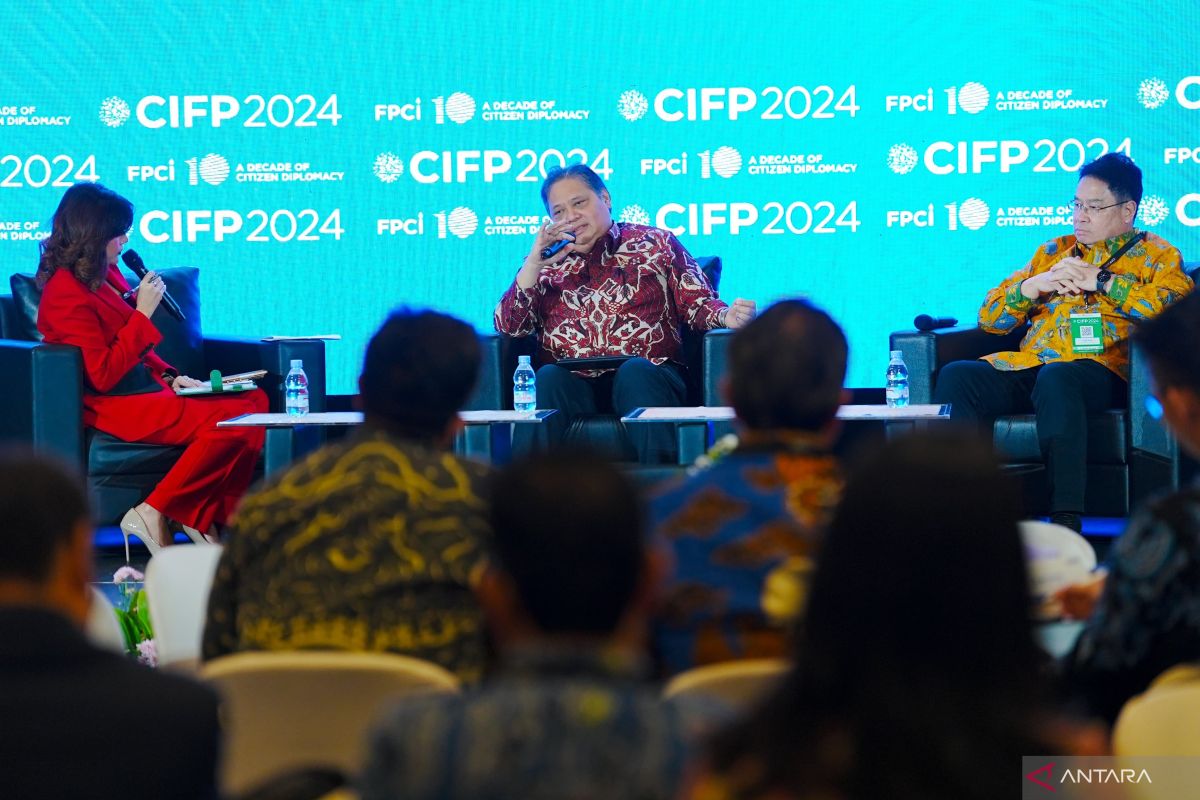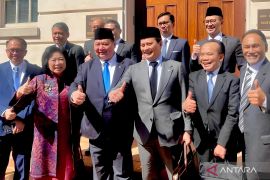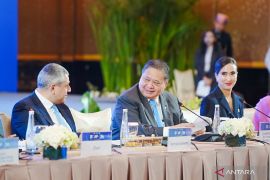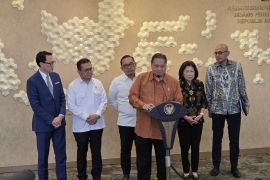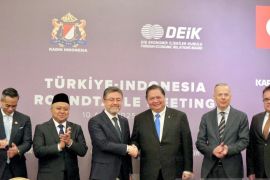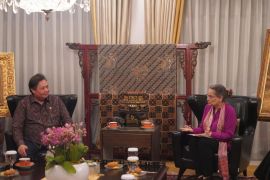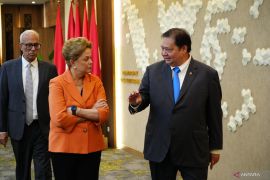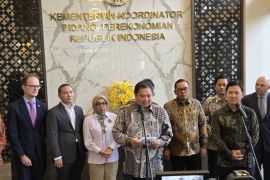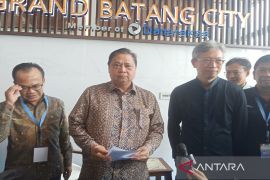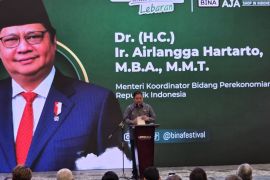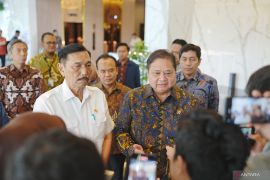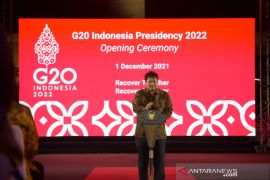This is reflected in Indonesia's economic growth in the third quarter of 2024, which was recorded at 4.95 percent. According to the minister, this achievement is better than several countries, such as Singapore, at 4.1 percent; Saudi Arabia, 2.8 percent; and Mexico, 1.5 percent.
"First of all, Indonesia has managed to grow in the range of five percent in the last decade. Only a few countries like Indonesia have been able to control inflation below two percent. In my opinion, our debt to GDP ratio is also very low, around 40 percent," Airlangga noted in a statement on Sunday (Dec 1).
The unemployment rate as of August 2024 also fell to 4.91 percent as compared to 5.32 percent in the corresponding period in 2023.
Furthermore, the workforce expanded by 4.7 million individuals, growing from 139.9 million in August 2023 to 144.6 million in August 2024. Of this total, 42.05 percent were formal workers, while 57.95 percent worked in informal employment.
President Prabowo Subianto has also announced a minimum wage increase of 6.5 percent by next year, which is higher than the country’s economic growth.
“In my opinion, maintaining the middle class in Indonesia is very important because our goal is to become an upper middle-income country. We want to accelerate development so that within 10 years, we can reach a per capita income of over US$12 thousand," he explained.
He further drew attention to the currently quite high per capita income of several provinces in Indonesia, such as US$22 thousand in Jakarta and US$17 thousand in East Kalimantan and several provinces on the island of Sumatra.
Related news: Indonesia invites British investment in green sector
Related news: Prabowo asks US investors to support sustainable growth
"Hence, the government's task is how to be more equal. There is no disparity (in income) between one region and another. Therefore, one way is to build Indonesia based on Indonesia-centric that the center of gravity moves from Java Island to Eastern Indonesia, and the government has built 22 Special Economic Zones (KEK) for that," Airlangga explained.
The minister highlighted Indonesia's robust engagement in various multilateral economic forums over the past 10 years. He cited Indonesia's pivotal role as an initiator of the Regional Comprehensive Economic Partnership (RCEP), which includes China, and noted the country's collaborative efforts with the United States in initiating the Indo-Pacific Economic Framework for Prosperity (IPEF).
Indonesia is also in the process of accession to become a member of the OECD and BRICS.
According to the minister, the purpose of signing various multilateral agreements is to open new trade markets, improve and align trade and financial standards, and attract further investment to create more jobs.
"Because our investment target this year is around Rp1,900 trillion, and I think next year we will need more than Rp2,100 trillion in investment, so we need more 'friends' and investors," he added.
The interest of global investors in coming to Indonesia is not only driven by the large potential of the export market or the attractiveness of the domestic market, which has strong consumer purchasing power, but they must be able to trust the rule of law in Indonesia and know that Indonesia adheres to global values regarding the environment, business practices, transparency, and no corruption.
"If you want to grow, then grow with Indonesia," Airlangga concluded.
Related news: Golden Visa designed to attract high-value investors: govt
Translator: Bayu Saputra, Yashinta Difa
Editor: Yuni Arisandy Sinaga
Copyright © ANTARA 2024
